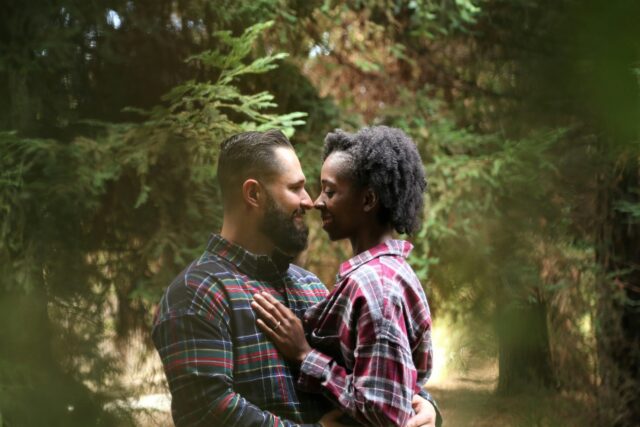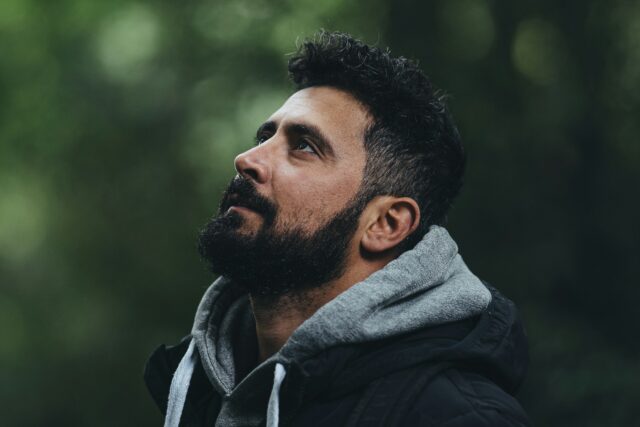Practicing Vulnerability
By: Rochelle Perper, Ph.D. | February 7, 2015

The term vulnerability is described beautifully in the book Daring Greatly by Brene Brown. Her book not only describes the concept of vulnerability but also discusses its importance in our lives. Vulnerability, according to Brown is a crucial part of human existence that is oftentimes ignored or suppressed. All humans have emotions, and thus, all of us have the potential to be vulnerable.
If you are anything like me, just hearing the word vulnerability makes you cringe. Commonly associated with feeling exposed, embarrassed or uncomfortable, vulnerability is something that we want to avoid¸ not turn towards, right? However, after reading Brown’s compelling points of view, being vulnerable doesn’t seem like a bad idea after all.
What is vulnerability?
Vulnerability is uncertainty, risk, and emotional exposure. It is the core of all emotions and feelings. However, vulnerability is not weakness. In fact, to be vulnerable is to have the strength to acknowledge and experience natural, human emotions. According to Brown, vulnerability sounds like truth, and feels like courage.
Benefits of vulnerability
When we allow ourselves to be vulnerable we have the rare opportunity to experience aspects about ourselves that we might not otherwise be aware of. For example, if we do not admit to our fears, our longing, and our innermost desires, how can we possibly have clarity over what we want from our lives? How do we know with certainty what is truly important to us?
“Vulnerability is the birthplace of love, belonging, joy, courage, empathy, and creativity. It is the source of hope, empathy, accountability, and authenticity. If we want greater clarity in our purpose or deeper and more meaningful spiritual lives, vulnerability is the path.” (Brown, p. 42)
Once we are truly honest with ourselves we can learn to be vulnerable with others. This kind of sharing, termed wholeheartedness, leads to increased connection, trust, and engagement. To put it another way, to hold back from sharing wholeheartedly with a significant other, a dear friend, or a family member can lead to isolation, loneliness, fear, and shame.
How to start
Vulnerability comes with a certain amount of risk. We all want to be liked, respected, and even admired by others. We wonder: If I am honest with my feelings, will I be accepted? Will I still be loved?
The best way to start practicing wholeheartedness is in small steps. First, take time to explore your thoughts and feelings privately or within the safety of a therapist’s office. Next, start expressing yourself with trusted, loving people in your life. If those around you are not used to this type of sharing, they may not receive you well at first. Don’t give up! Try engaging them again and slowly you will find it easier to express yourself. You might also start to notice that they start reciprocating by sharing their innermost fears, desires, and hopes for the future. Vulnerability is about sharing our feelings and experiences with people who have earned the right to hear them. Below are some suggestions to get you started.
Practice being vulnerable by:
1. Share an unpopular opinion
2. Stand up for yourself
3. Ask for help
4. Say ‘no’
5. Initiate sex with your significant other
6. Reach out to a friend in need
7. Say “I love you”
8. Share something you wrote or a piece of art with others
9. Try something new
10. Introduce two friends who don’t know each other
11. Introduce yourself to a stranger
13. Admit when you are afraid
Conclusions
Unfortunately, in our society feelings are sometimes associated with weakness. The reluctance to express oneself honestly and openly can lead to feelings of isolation, shame, and loneliness. What is not as commonly understood is that to feel is to be human. And, to be vulnerable and acknowledge such emotion is a courageous act of humanity. Being vulnerable can lead to increased creativity, connection, trust, and understanding. It’s not always easy to be emotional, especially if this is new to you. It is okay to take your time and ease yourself into such forms of expression. You may find it helpful to work with a therapist to guide you through this new experience. Remember, there is no one “right” way to practice vulnerability, so honor where you are and your own unique process. It may take time, but it is worth it!



